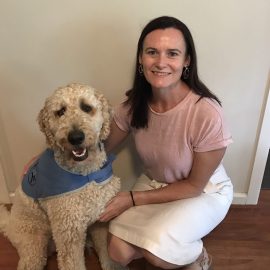
The word trauma is taken from the Greek word for wound. When individuals face a frightening or life-threatening event, there can be an ongoing psychological impact. These symptoms can settle naturally in the weeks following a trauma, as life gets back to normal. However for some people, these symptoms persist and have a significant impact on everyday life. Traumas include incidences that occur on one occasion, such as being involved in a motor vehicle accident or being assaulted. Traumas also include long-term situations, and the word abuse is often referred to. Abuse can be physical, sexual, verbal or emotional. Abuse can occur within marital relationships, relationships with other family members, within the work place and amongst peers.













